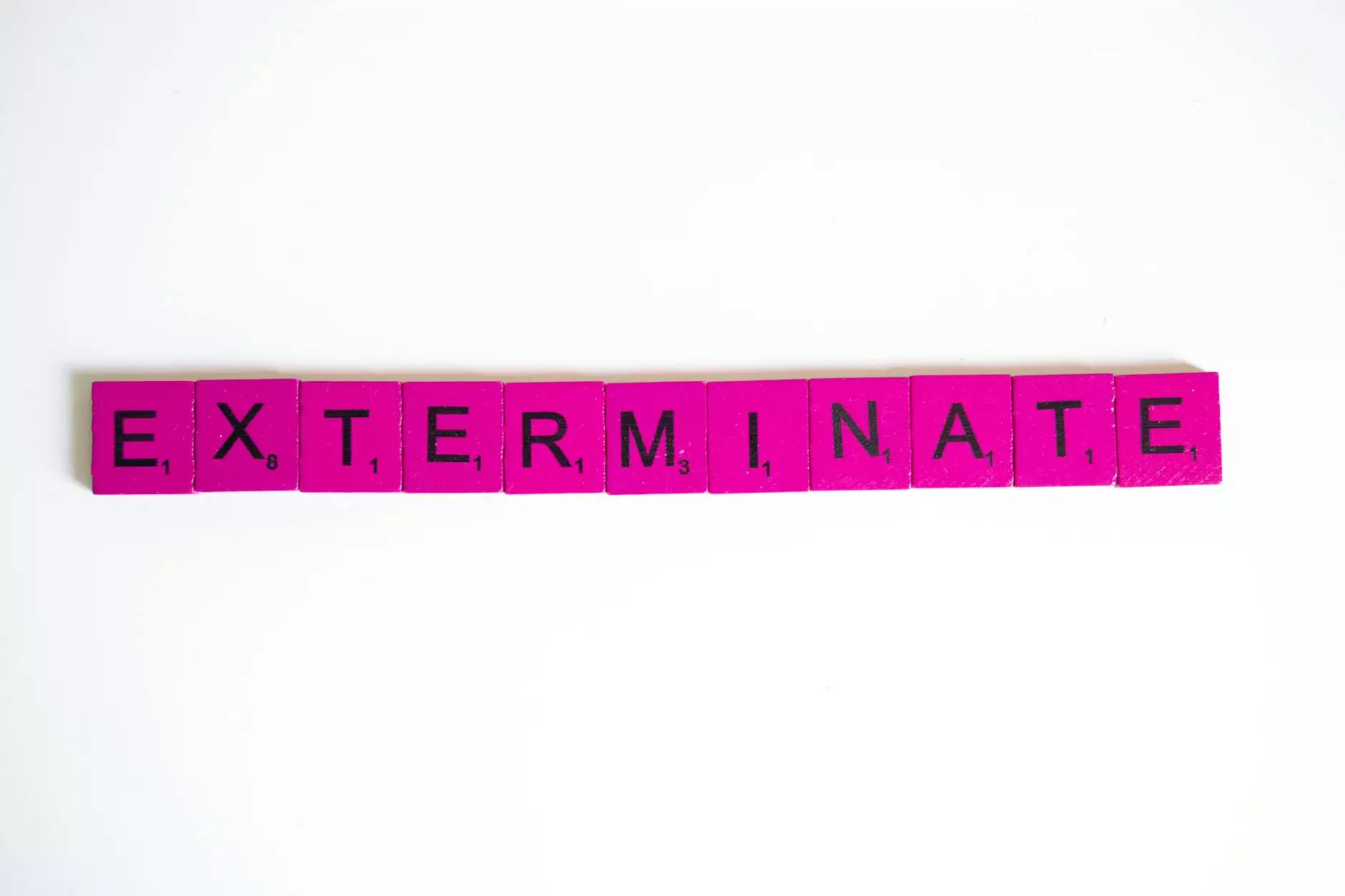The Consequences of Counterfeit Fake Money on Businesses

In today’s fast-paced economy, businesses face numerous challenges, one of the most alarming being the rise of counterfeit fake money. This issue not only impacts monetary transactions but also poses serious threats to different sectors, particularly in the Health & Medical and Pharmacy categories. Understanding the implications of counterfeit bills can equip business owners with the right tools to protect their profits and moral integrity.
What is Counterfeit Fake Money?
Counterfeit fake money refers to currency produced without the legal sanction of the government and designed to imitate the genuine article. The rise of digital technology has made it easier for counterfeiters to produce convincing replicas, challenging businesses to safeguard themselves against fraud.
Types of Counterfeit Currency
There are various forms of counterfeit currency, including:
- Printed Counterfeits: Bills that use similar printing techniques as official currency.
- Promissory Notes: Fake documents that imitate checks or bonds.
- Digital Counterfeits: Manipulated images of currency circulated online.
The Financial Impact of Counterfeit Money on Businesses
Businesses, especially those in the health and medical sectors, face severe financial repercussions due to counterfeit fake money. Here's how:
Loss of Revenue
When a business unknowingly accepts counterfeit fake money, it incurs a direct loss. They must offset this loss by potentially raising prices or reducing employee wages, impacting overall business performance.
Reputation Damage
Handling counterfeit currency can severely damage a business's reputation. Customers expect genuine transactions; failure to deliver can result in loss of trust and lowered customer loyalty. This damage is especially detrimental in fields like pharmacy, where trust is paramount.
Legal Repercussions
Businesses that deal with counterfeit money may face legal action. Accepting fake currency can lead to investigations and a tarnished legal standing, particularly if the business appears negligent in its transaction methods.
How to Detect Counterfeit Fake Money
Detecting counterfeit bills is crucial for any business. Here are some reliable methods to distinguish real currency from fakes:
Visual Inspection
Always examine the currency closely. Here are some tips:
- Check for distinct features such as watermarks or color-shifting inks.
- Feel the texture; genuine money has a unique feel due to the composition of the paper.
- Look for clear printed text and well-defined portraits; blurriness is often a sign of a counterfeit.
Utilize Detection Tools
Investing in devices that can help identify counterfeit currency can be beneficial. Popular options include UV light detectors and counterfeit pen markers, both of which offer additional security during transactions.
Best Practices for Businesses to Mitigate Risks
Here are several strategies businesses can implement to reduce the risk of accepting counterfeit fake money:
Employee Training
Invest in regular training sessions for employees, focusing on how to identify counterfeit currency. Knowledgeable staff are your first line of defense.
Implementing Secure Transactions
Use digital payment methods wherever possible. Credit and debit card transactions offer increased security and reduce the risk of handling cash.
Consistent Monitoring of Transactions
Regularly review transactions to identify patterns of counterfeit money acceptance. This practice can help catch issues early.
The Role of Technology in Combatting Counterfeiting
In the modern world, technology plays a crucial role in preventing counterfeit currency from entering businesses. Here’s how:
Automated Detection Systems
Many businesses are adopting automated currency detection systems that scan each bill for authenticity, drastically reducing the chances of accepting counterfeit money.
Blockchain Technology
Using blockchain for transactions can enhance security and traceability, ensuring that documents and currency are authenticated and minimizing the potential for fraud.
Understanding Legal Obligations and Responsibilities
Every business must understand its legal obligations regarding counterfeit currency. Familiarize yourself with the laws in your jurisdiction regarding the acceptance and reporting of fake money.
Reporting Counterfeit Currency
If you discover that a counterfeit bill has slipped into your register, it's imperative to report it to law enforcement. No matter how small the amount, you help contribute to a larger effort against counterfeiting.
Conclusion: Safeguarding Your Business Against Counterfeit Threats
In conclusion, the threat of counterfeit fake money poses significant risks, particularly in the health & medical and pharmacy sectors. However, armed with the right knowledge and tools, businesses can protect themselves and ensure the integrity of their transactions. By understanding the characteristics of counterfeit currency and implementing preventative measures, you can secure your financial future and maintain the trust of your clientele. Protect your business today by adopting best practices and keeping informed on the latest trends in counterfeiting.
Resources for Further Information
To learn more about preventing counterfeit currency in your business, consider visiting:
- The U.S. Currency Education Program
- U.S. Secret Service Information on Counterfeit Currency
- Counterfeit Prevention Resources
© 2023 Elit Bills. All rights reserved.









